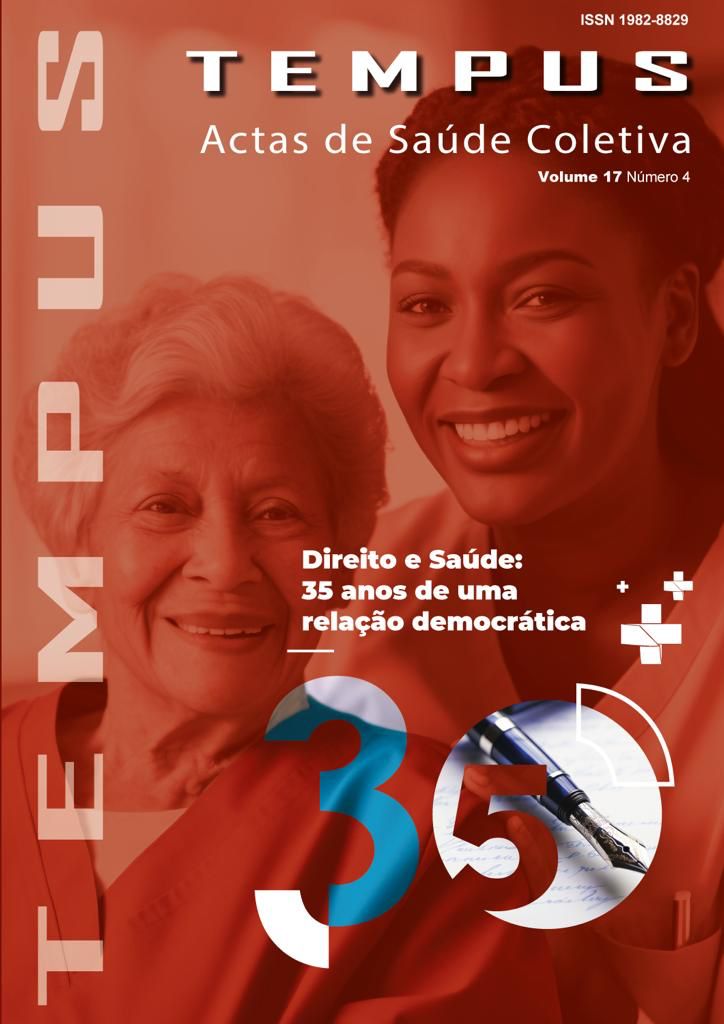Abstract
Objective: to analyze, in accordance with the General Theory of Health Law, the normative tensions regarding the off-label medical prescription of chloroquine and hydroxychloroquine drugs, given the scientific uncertainties regarding their therapeutic efficacy for the treatment of COVID-19. Methodology: this is a documentary and bibliographic research that examined, in the period from 2020 to 2022, in the previously selected websites, the scientific literature on the problem and the manifestations of governmental actors, medical and health societies and organizations. Results: the research conducted a survey of a total of 39 documents, the content of which pointed out that non-medical professional health councils, national medical societies and associations made reservations to the off-label prescription of these drugs outside of clinical trials and bioethical and sanitary regulations, due to the absence of scientific evidence. The Brazilian Ministry of Health (MH) and the Federal Council of Medicine (CFM) supported the broad medical autonomy to the off-label prescription of these drugs with the patient's consent. Conclusion: the discussions about the off-label indication as a private medical activity in the health emergency, disassociated from scientific evidence, bioethical and sanitary norms, demonstrated the need to improve the regulation of this medical practice from the perspective of collective health. This would reduce normative controversies about the health regulations and public policies of medicines in the SUS and the scope of these in the regulation of medical practices by the professionals council.
A Tempus garante critérios rigorosos, por meio de avaliação sistemática. Os autores se responsabilizam pela veracidade e ineditismo do trabalho cabendo a eles a cessão de direitos de publicação à revista. A confiabilidade dos conteúdos e a marca própria de apresentação tem como objetivo uma comunicação personalizada, adaptada aos padrões da revista, na medida em que adota critérios de excelência exigidos por seus usuários e especialistas, considerando os rigores da comunicação científica. Os autores devem especificar sua contribuição individual na concepção, delineamento, execução do trabalho, análise ou interpretação dos dados, redação e aprovação final do manuscrito. Incluir Fontes de financiamento e de apoio logístico das pesquisas. Ao final da submissão do artigo, os autores devem enviar uma declaração de cessão de direitos de publicação à Revista TEMPUS , assinada e no formato PDF (Portable Document Format ): Modelo da declaração de cessão de direitos.
